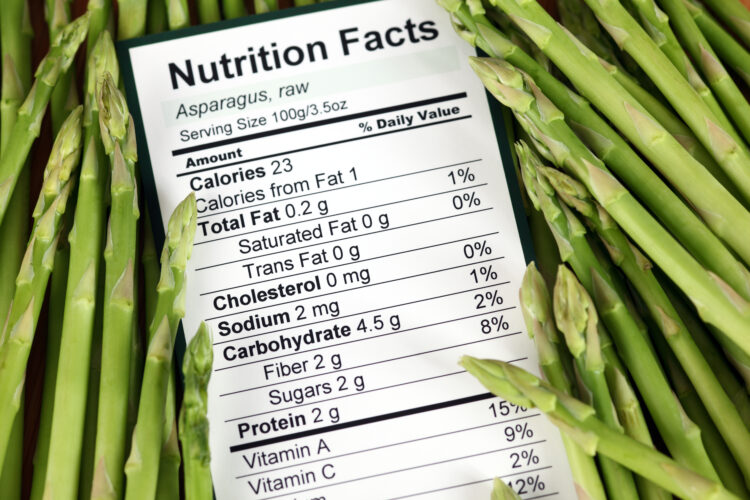When a Food Manufacturer Lies on the Product’s Label

Organic. Healthy. All-natural. Diet. Good for you. On every trip to the market, you’ll see descriptions like these on food items. But what if you buy something, believing those descriptions, and it turns out to be false?
What if you have a nut allergy, so you purchased an item that claimed to be “nut-free,” but it turned out that nuts were in the product, and you had a severe allergic reaction?
In the words of the California Supreme Court, “Labels matter.” Consumers buy products because of these labels’ representations. And that means that California law protects consumers from false or misleading representations on product labels—including food.
In California, “100% Organic” Has to Mean Just That
In 2015, the California Supreme Court issued a landmark opinion that held California consumers have the right to sue when food manufacturers apply a misleading use of the word “organic” on their products.
In that case, Quesada v. Herb Thyme Farms, Inc., the plaintiff Michelle Quesada filed a class action suit against Herb Thyme Farms because it sold its herbs at a premium, claiming they were 100% organic. However, the company’s herb products were either produced on conventional farms or were a blend of herbs grown using organic and conventional methods.
Quesada sued under the Consumer Legal Remedies Act (CLRA), which gives state consumers the right to sue companies that use deception, false advertising, misleading statements about a product’s quality, manufacturing, or other forms of misrepresentation. She also sued under the state’s unfair competition law (UCL), which bars misleading advertising.
But the defendant Herb Thyme argued that Quesada’s claim was barred because food labeling—and specifically labels as organic—was a matter of federal law. And that law didn’t give private individuals the right to sue.
The state supreme court concluded that the federal law was intended to establish codes of conduct for food production, not marketing. Therefore, the federal law did not prevent Californians from suing over misleading labels under the state’s consumer protection laws.
When Failing to Label is the Same as Labeling: Is It Toxic?
Sometimes a label is misleading not because of what it says but because of what it doesn’t say. It’s the information that is missing that would inform your purchase. That’s when a law commonly known as “Prop 65” comes in.
Prop 65 requires those who sell products—including food—within the state must warn Californian purchasers if the product was made with certain chemicals linked to cancer or reproductive harm. If you discovered that you’d purchased food that included chemicals on the Prop 65 list without the requisite warning, this could be another cause of action against the company. And it could be an even stronger case if the labels claimed the food was additive-free.
If you have purchased food that has been mislabeled by its manufacturer, contact attorney Mohsen Parsa. Call us at 949-394-6930 or send us a message through our website to schedule a consultation and discuss the facts of your case and your eligibility for compensation.

